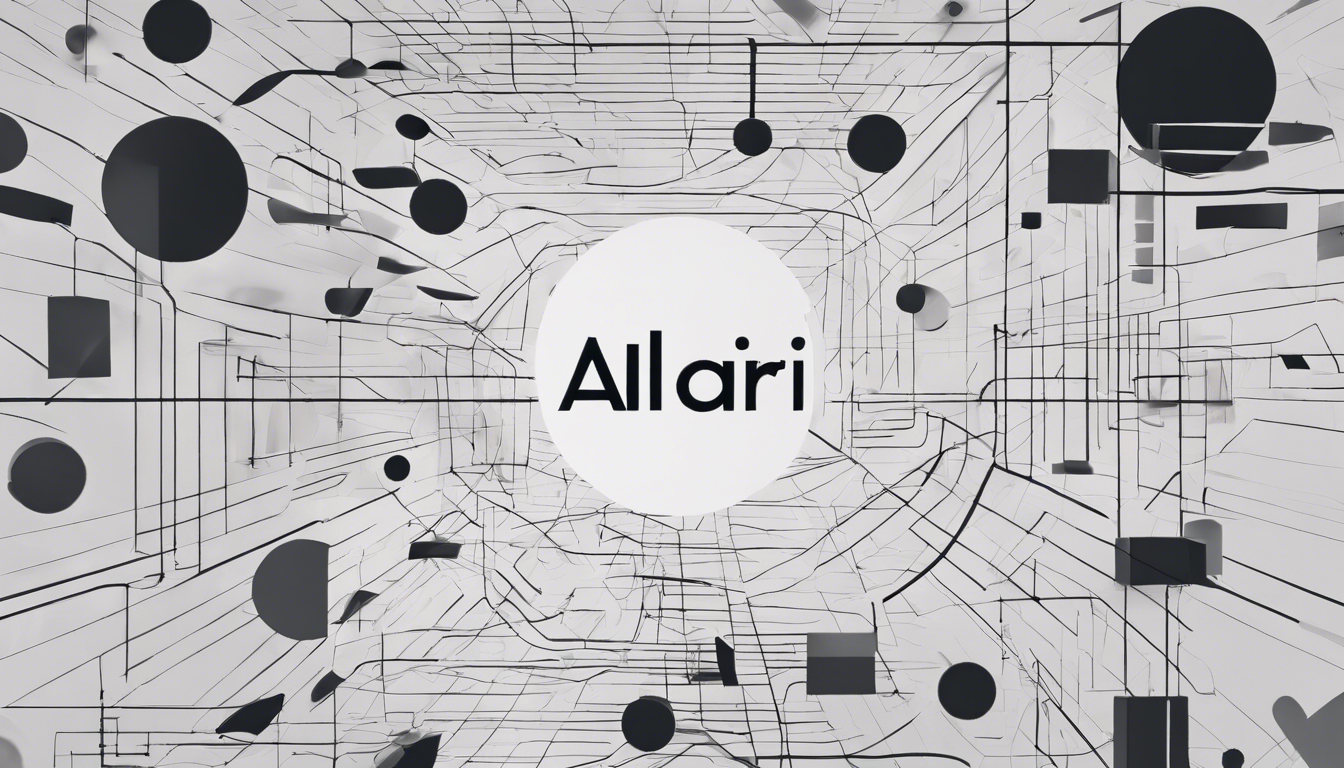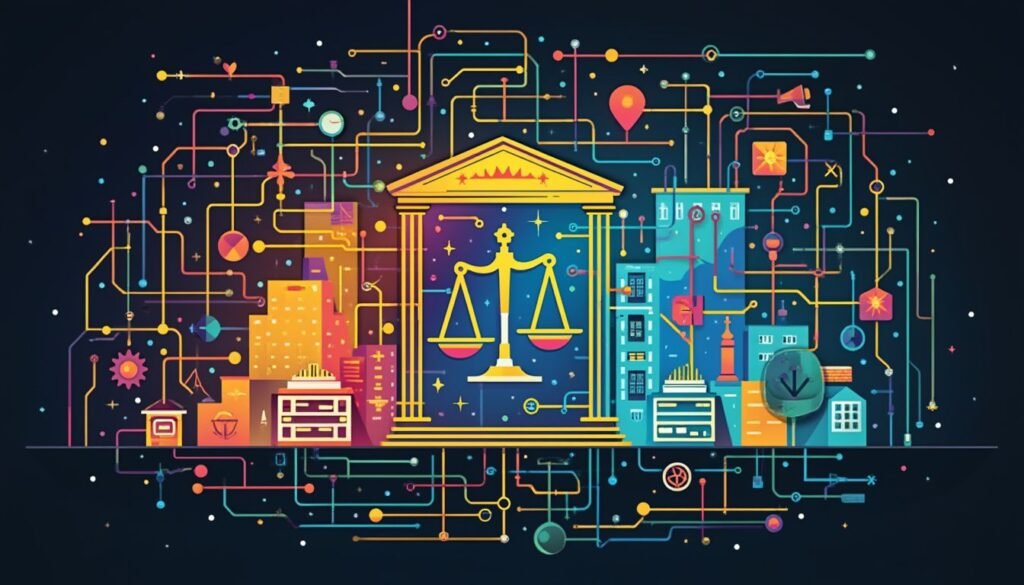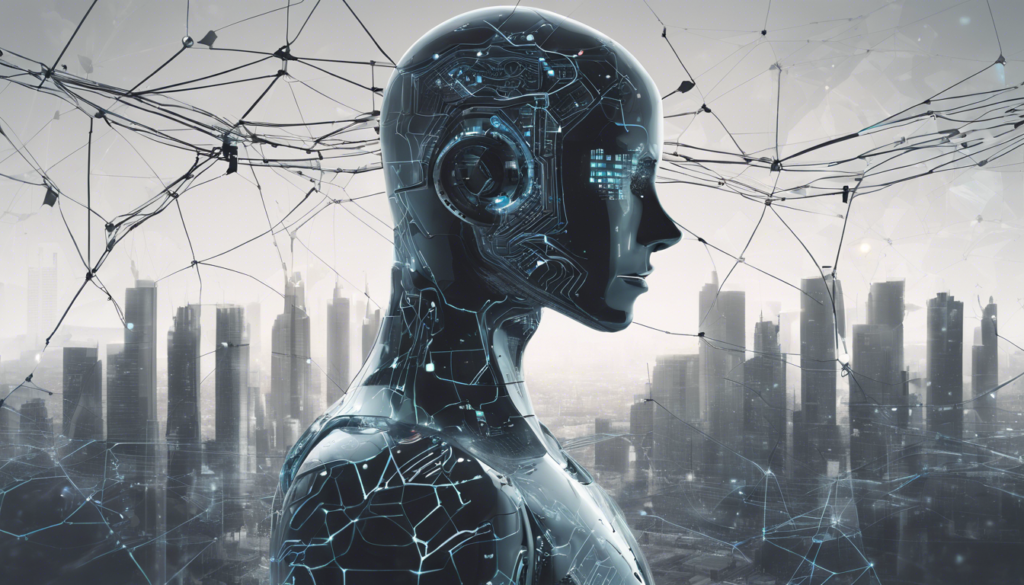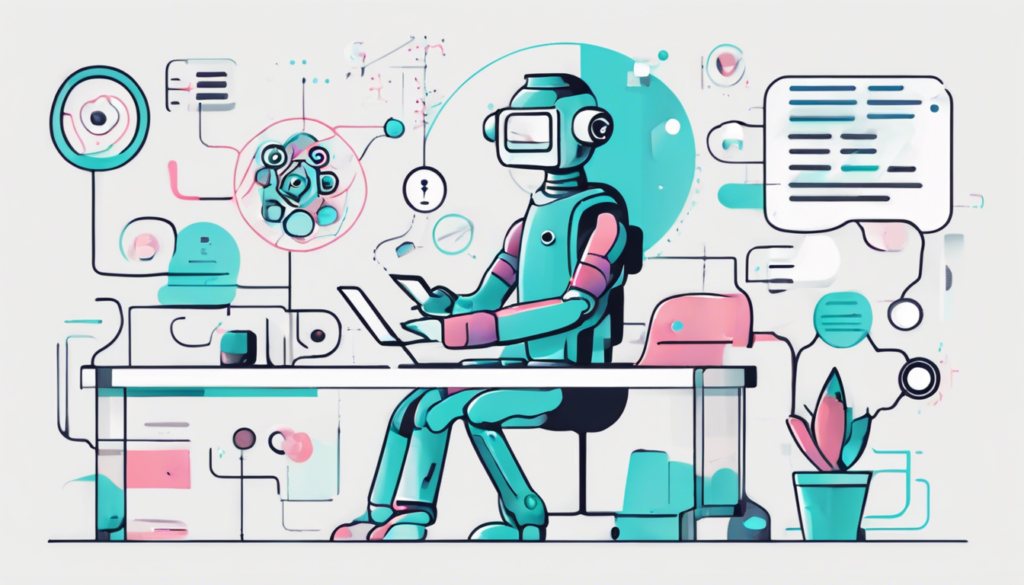As artificial intelligence (AI) continues to embed itself into various facets of society, the need for a robust framework of AI ethics has never been more urgent.
This article delves into the fundamental principles that should guide responsible innovation in AI, emphasizing the significance of transparency, fairness, and regulatory adherence.
Professionals across industries will benefit from understanding the complexities of AI ethics, as we explore the current challenges and future directions that will shape the ethical landscape of this transformative technology.
Bias and Fairness in AI: Challenges and Solutions
The intersection of bias and fairness in artificial intelligence (AI) presents significant challenges that demand urgent attention from industry professionals striving to uphold AI ethics.
As AI systems increasingly inform crucial decision-making processes—from hiring to law enforcement—they can inadvertently perpetuate existing societal biases present in their training data, leading to disproportionately negative outcomes for marginalized groups.
To combat these issues, organizations must implement robust bias mitigation strategies, such as diversifying training datasets, employing algorithmic auditing techniques, and promoting transparency through explainable AI frameworks.
Additionally, fostering a culture of ethical mindfulness across all AI development stages is imperative; this includes ongoing training for AI practitioners on the ethical implications of their work, stakeholder engagement to ensure diverse perspectives, and adherence to established ethical guidelines.
By addressing bias and striving for fairness in AI, professionals can not only enhance the integrity of their systems but also build public trust in AI technologies.
Regulatory Frameworks for AI: Navigating Legal and Ethical Boundaries
The emergence of artificial intelligence (AI) technologies has necessitated a robust regulatory framework to navigate the complex legal and ethical boundaries that define AI ethics.
Professionals in this domain must grapple with several critical issues, including bias in algorithmic decision-making, data privacy concerns, and accountability for automated outcomes.
Current legislative efforts, such as the European Union’s AI Act, aim to establish comprehensive guidelines that ensure AI systems are developed and deployed responsibly, promoting transparency and mitigating risks associated with autonomous systems.
As AI continues to integrate into various sectors, practitioners must not only stay abreast of these evolving regulations but also implement ethical practices that foster public trust and safeguard individual rights.
This dual focus on compliance and ethics will be pivotal in ensuring that AI innovations contribute positively to society while minimizing potential harms.
Frequently Asked Questions
What are the key principles of AI ethics?
The key principles of AI ethics include fairness, accountability, transparency, privacy, and inclusivity.
These principles serve as guidelines to ensure that AI systems are designed and implemented in a manner that respects human rights and promotes societal good.
Why is transparency important in AI systems?
Transparency in AI systems is crucial as it fosters trust and allows stakeholders to understand how decisions are made.
It also enables accountability, as clear understanding of AI operations can help identify biases and mitigate risks associated with automated decision-making.
What challenges exist regarding bias and fairness in AI?
Bias and fairness challenges in AI include the potential for algorithms to inadvertently perpetuate existing inequalities due to biased training data or design flaws.
Addressing these issues requires ongoing scrutiny, diverse data collection, and implementing fairness-aware algorithms.
What regulatory frameworks are in place for AI ethics?
Various regulatory frameworks are being developed around the globe to address AI ethics, including GDPR in Europe which emphasizes data protection, and initiatives by organizations like IEEE and ISO focusing on ethical AI standards.
These frameworks aim to establish legal and ethical boundaries for the development and use of AI.
How will AI ethics evolve in the future?
AI ethics will continue to evolve as technology advances and societal values shift.
Future directions may include enhanced regulatory measures, the integration of ethical considerations in AI development from the outset, and increased collaboration between technologists, ethicists, and policymakers to address emerging challenges.




